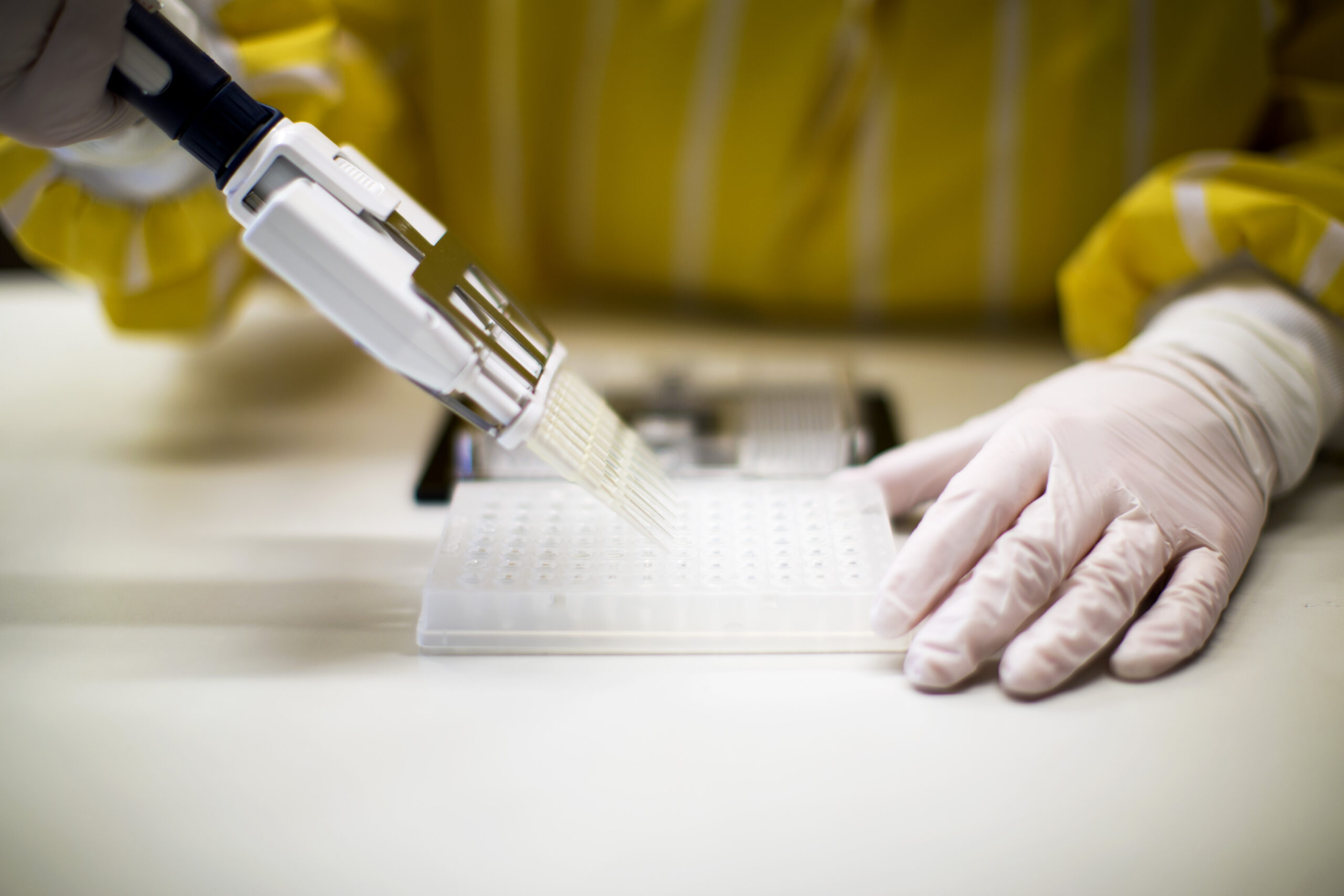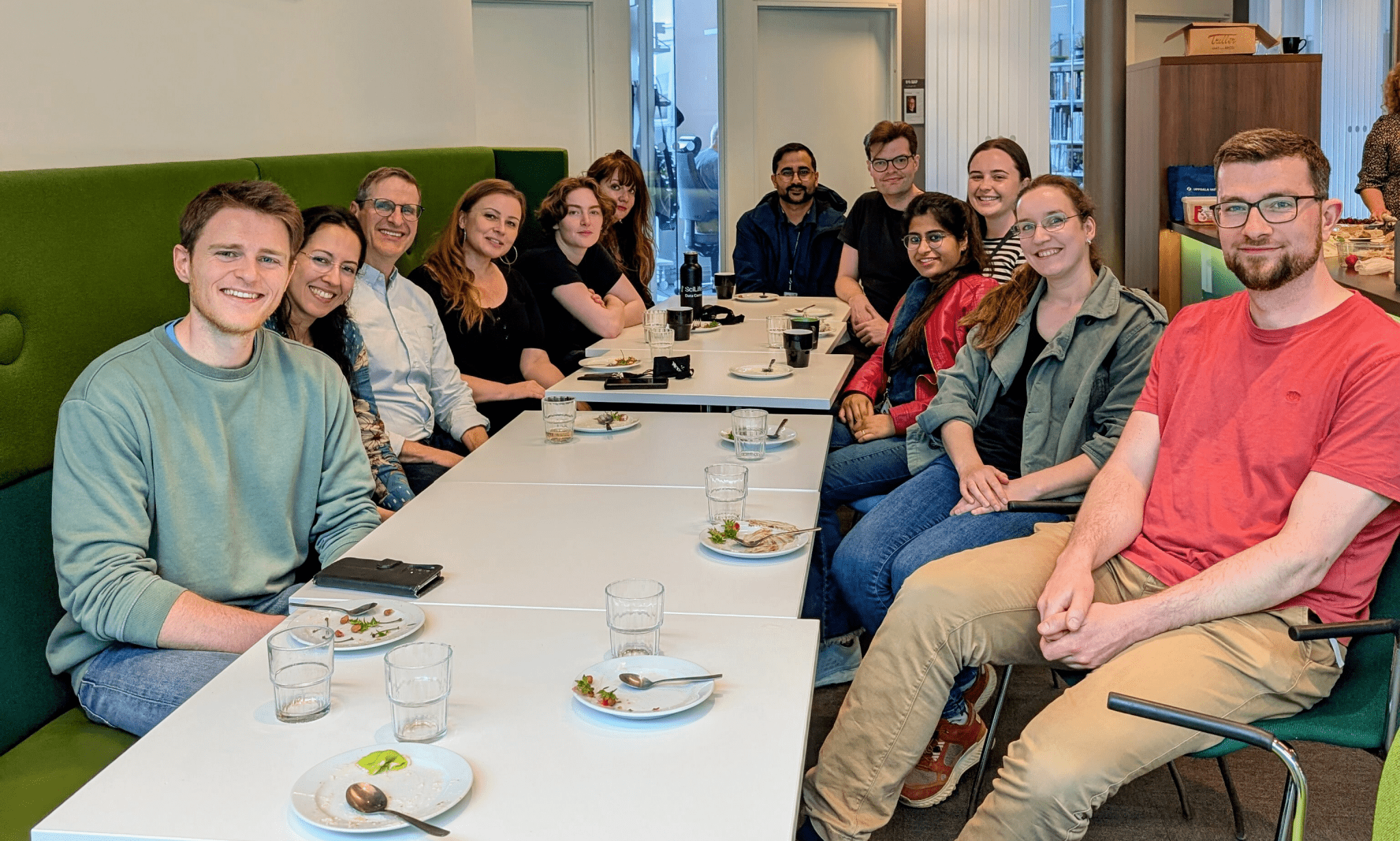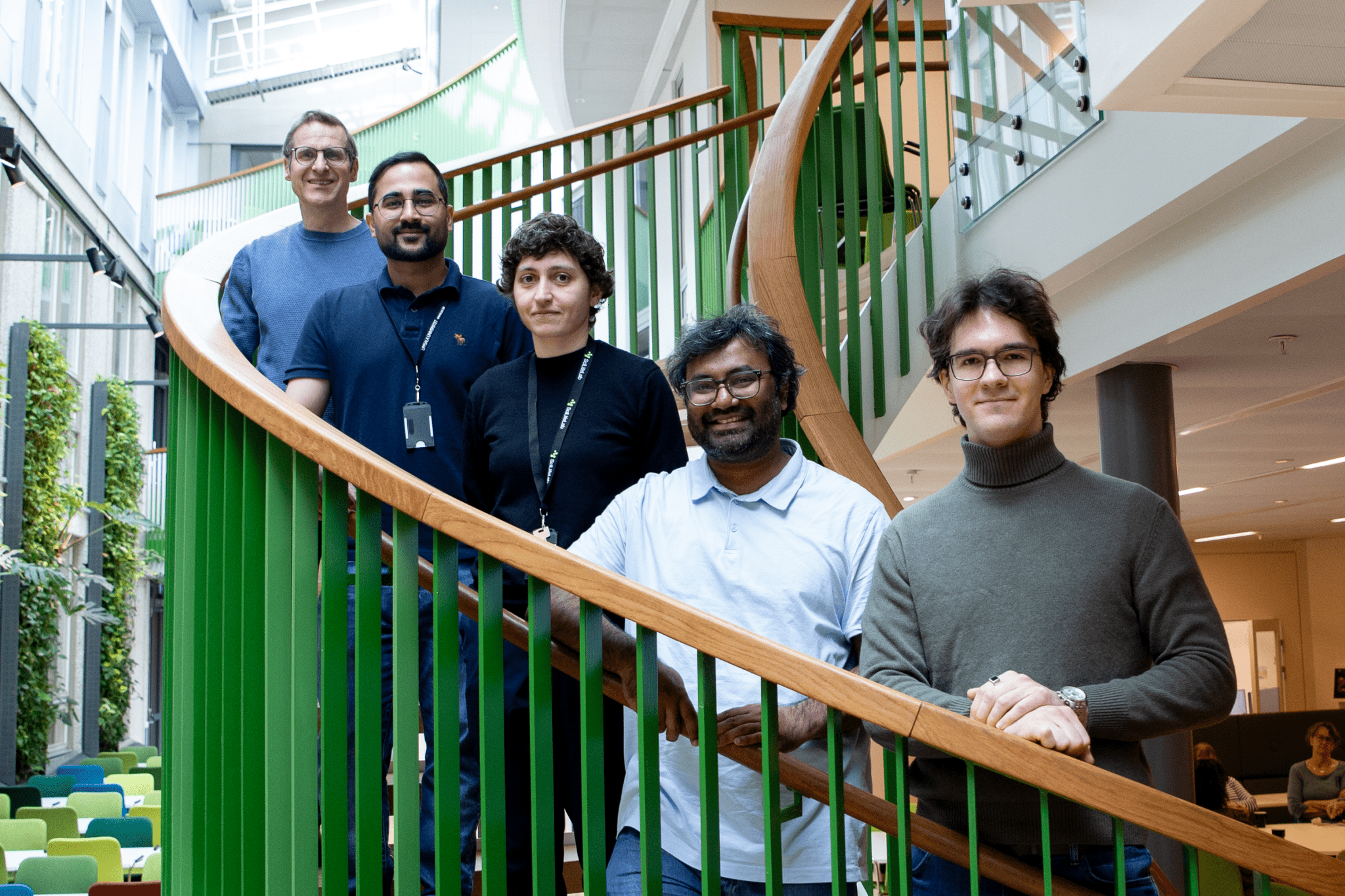Explore our infrastructure
At SciLifeLab, we provide access to a range of pioneering technologies in molecular biosciences. Together, our capabilities enable the scientific endeavours of users from academia, industry and health care. Dedicated staff scientists can offer support throughout the experimental process – from study design to data handling.
-

Genomics
Genomics is the investigation of DNA and RNA to advance biology, medicine, healthcare, biotechnology, archaeology and other fields
-

Proteomics
Proteomics is the large-scale investigation of proteins expressed by any organism and includes the study of structures, interactions, and functions.
-
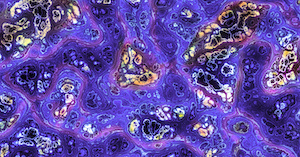
Spatial Omics
Spatial omics integrates multiple omic data types, such as transcriptomics, proteomics, and mass spectrometry, to map molecular profiles within intact tissues at high resolution.
-
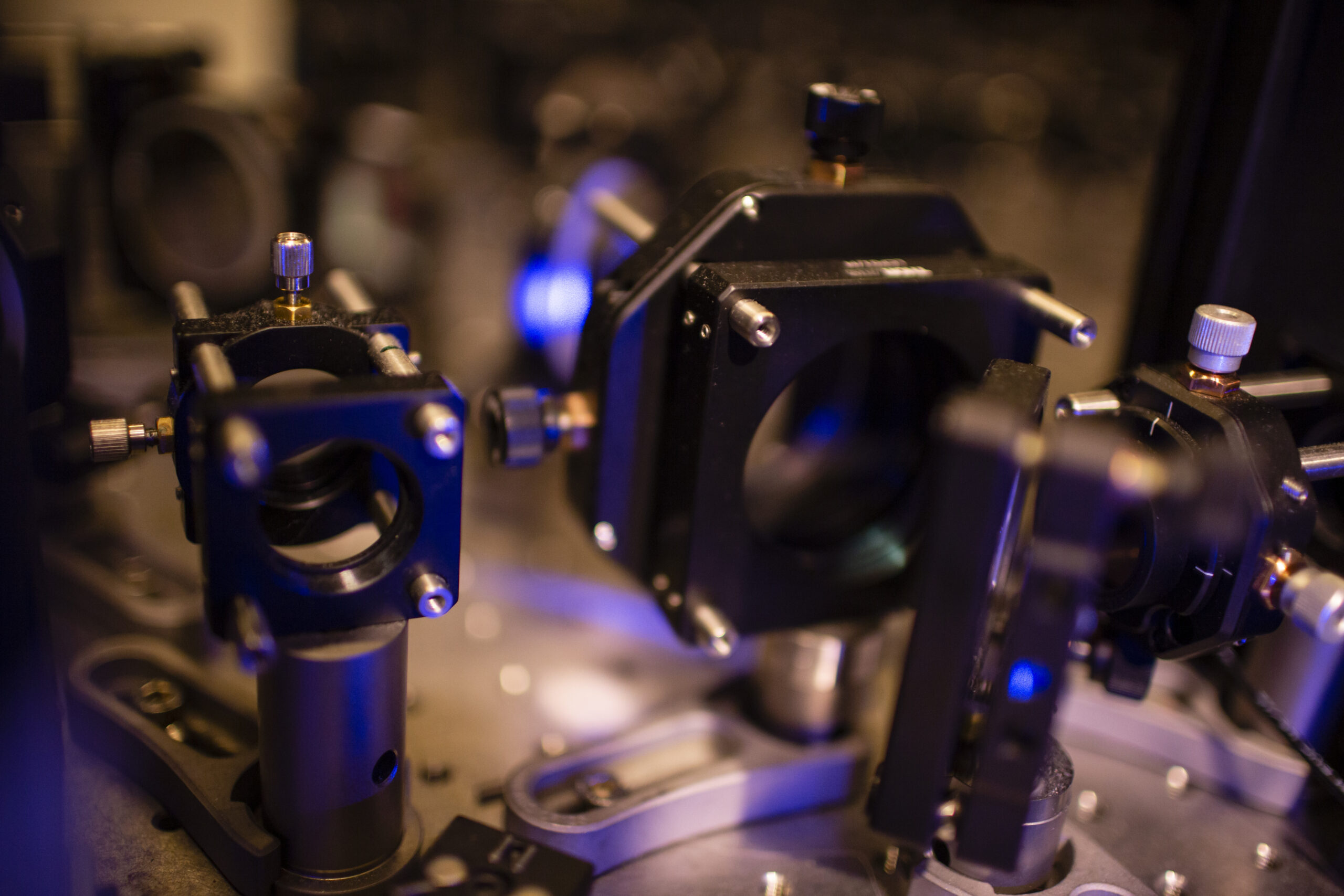
Cellular and Molecular Imaging
Cellular and molecular imaging enables the visualization of biological systems, from the atomistic to the tissue levels.
-
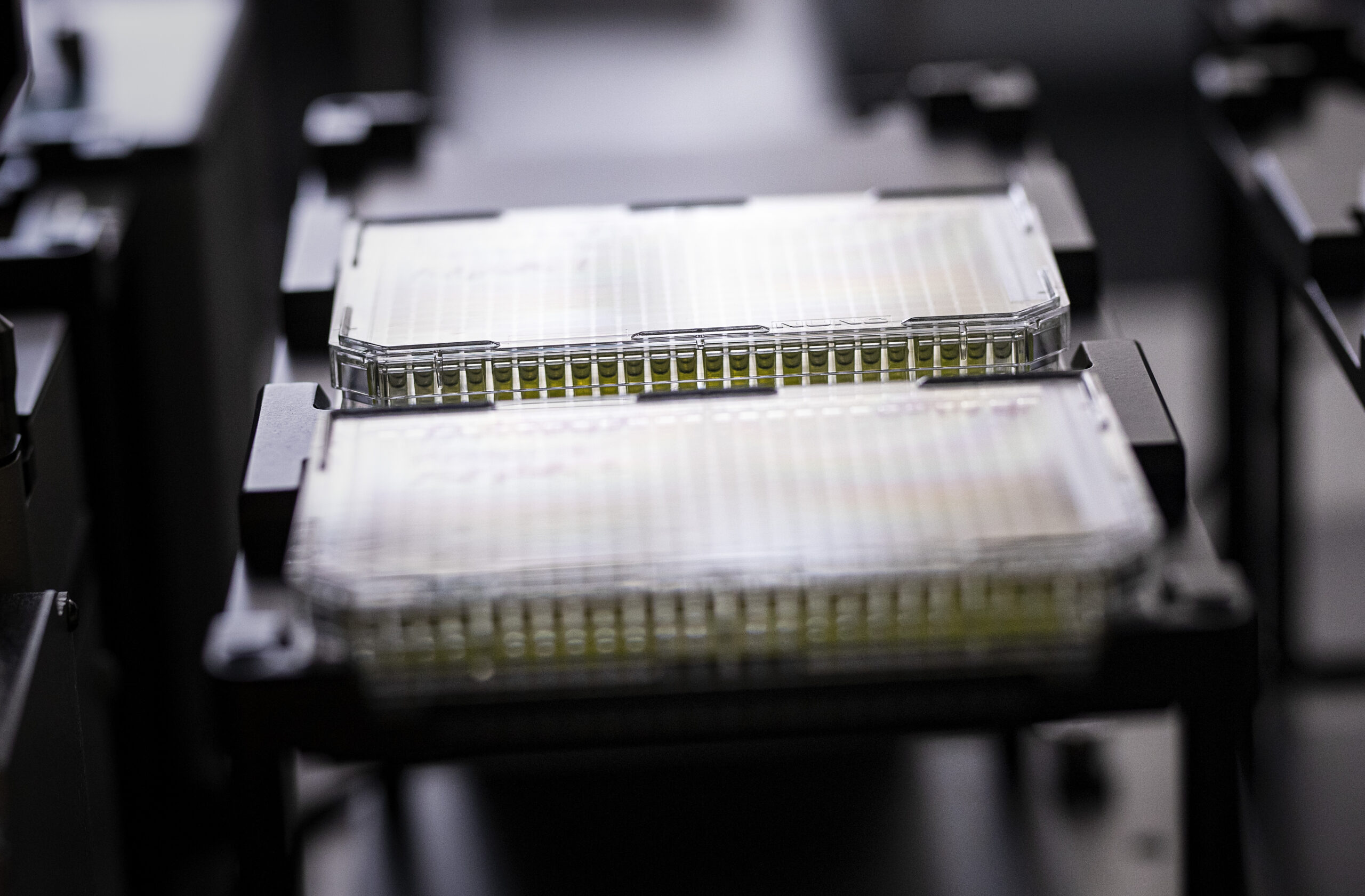
Structural Biology
Structural Biology comprises studies of proteins and nucleic acids and other biomolecules, how they interact and appear in solution
-

Chemical Biology and Genome Engineering
Chemical and genetic perturbation to explore biology, as well as follow-up studies to transform phenotypic observation into mechanistic insight
-

Drug Discovery
Generates small-molecule, antibody and oligonucleotide leads for further progression into therapeutic applications and support with target product profiling and safety assessment of the future drug.
-
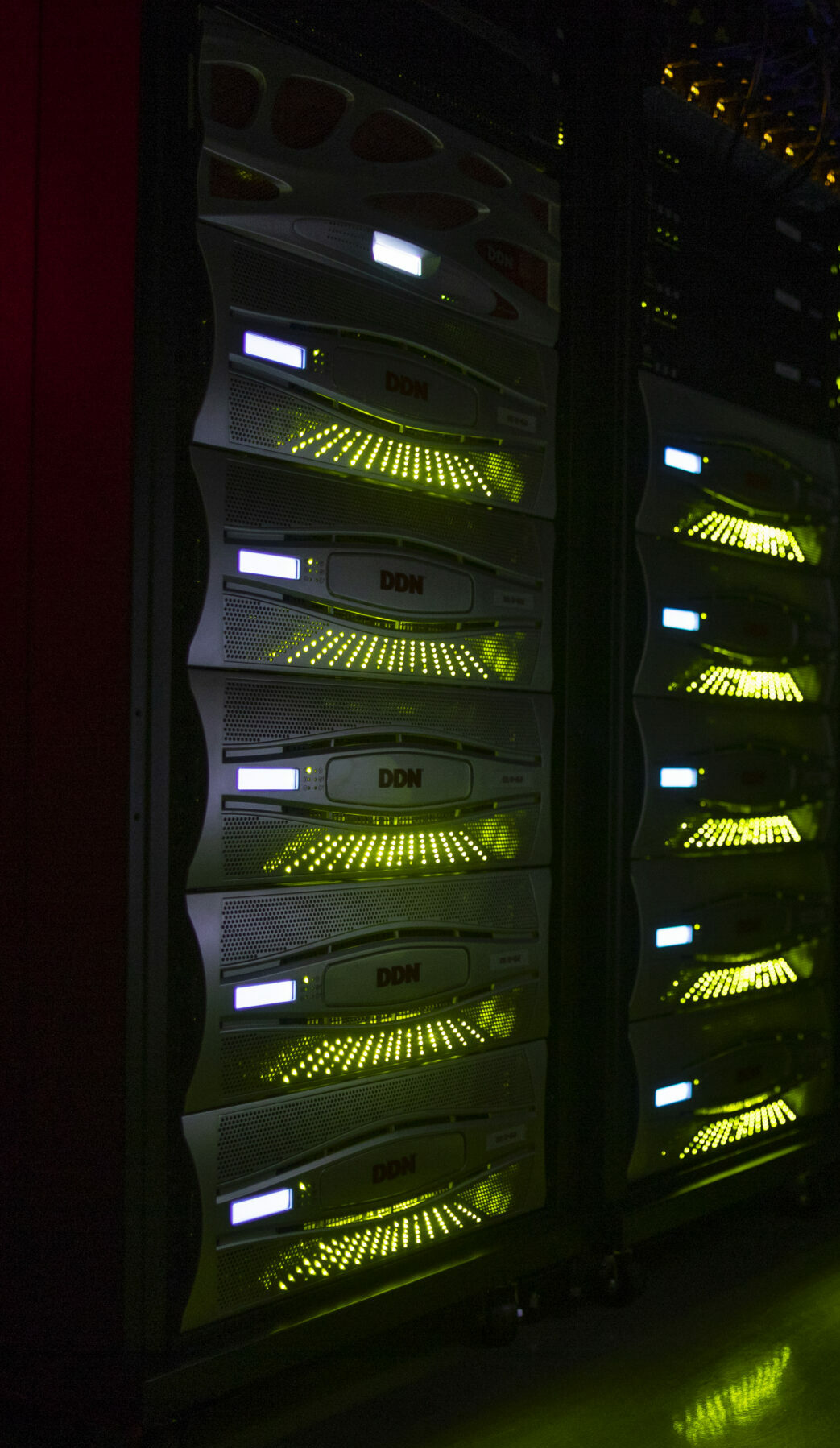
Bioinformatics
Bioinformatics combines biology, computing, and data analysis to interpret biological data across all life science domains, for research, medicine, and biotechnology advancements.
Strategic Areas
The foundation of SciLifeLab rests on our research infrastructure, digital infrastructure and community of world-class researchers. Our strategic areas combine these components, to further leverage on SciLifeLab’s capacity.
News highlights
Research at SciLifeLab
At SciLifeLab, no research group is an island. We live by collaboration and gather scientists in a broad range of molecular bioscience research, from health to environmental research, in order to facilitate multidisciplinary studies and networking.
A number of research constellations and initiatives makes up our scientific community, such as the more than 200 affiliated academic research groups, the SciLifeLab Fellows program, Data-driven life science, and lately also a national research program targeting Covid-19.
There’s a truly symbiotic relationship existing with our infrastructure. Our units provide access to the latest biomolecular technologies and expertise to bring research projects to the next level, whilst researchers using our services can team up with our dedicated staff scientists to propel technology development and really push the limit of what is possible in life science.
Upcoming events
Disruptive Technologies for Drugging the Undruggable
Oct 01 09:00 – 17:00
Aula Medica
Pre-party for Academic Pride during Stockholm Pride
On August 2, the annual Stockholm Pride Parade takes place, starting 13:00. Join the pre-party for Academic Pride organized by Stockholm School of Economics at. 10:00-12:30. Register here >>. Welcome […]
BNMI 2025 Symposium – 4th annual meeting of the Bridging Nordic Microscopy Infrastructure
Welcome to the BNMI 2025 Symposium – 4th annual meeting of the Bridging Nordic Microscopy Infrastructure Whether early in your career or an experienced researcher, BNMI 2025 offers a unique […]
Mithrl AI Co-Scientist for Accelerating Biological Discovery.
Vivek Adarsh, Mithrl NBIS and SciLifeLab Data Centre arrange an open SciLifeLab AI Seminar Series aimed at knowledge-sharing about Artificial Intelligence and applications in the Life Science community. The seminar […]
PLP Network Meeting 2025
The PLP Network Meeting aims to strengthen the PLP network, identify areas requiring further development, and evaluate the program as a whole. It also offers valuable opportunities to exchange new ideas and foster collaborations among PLP network members.



